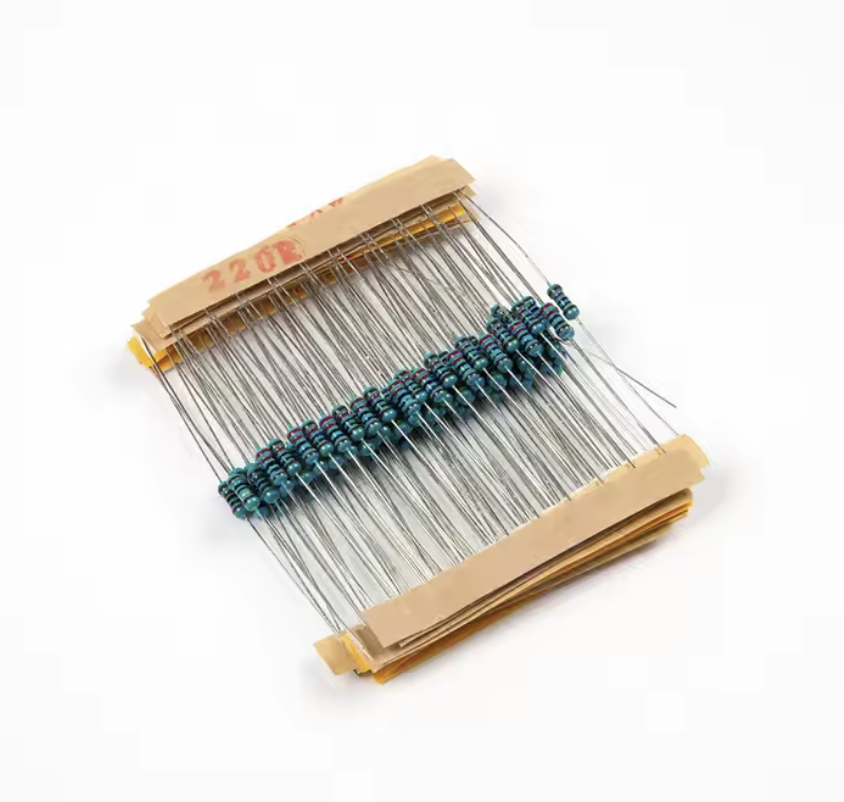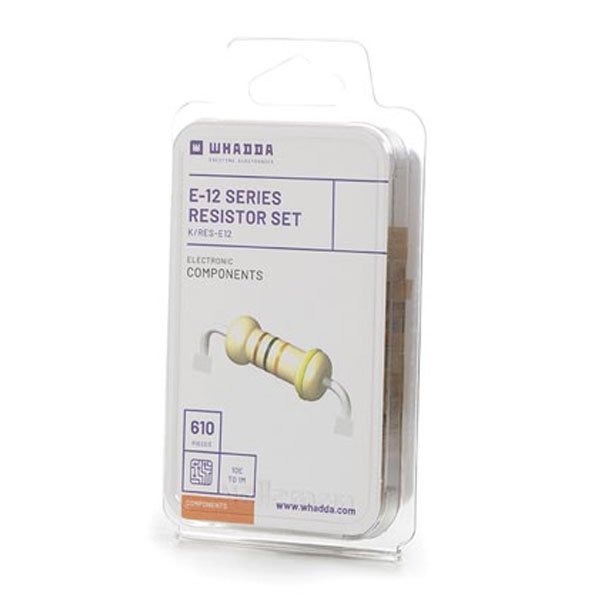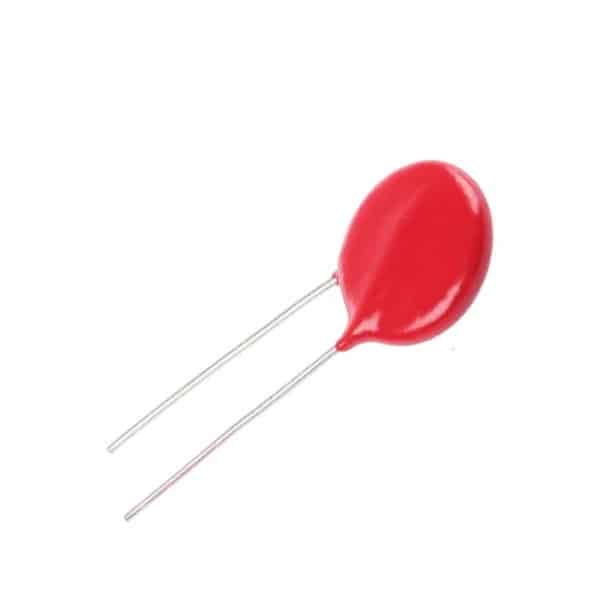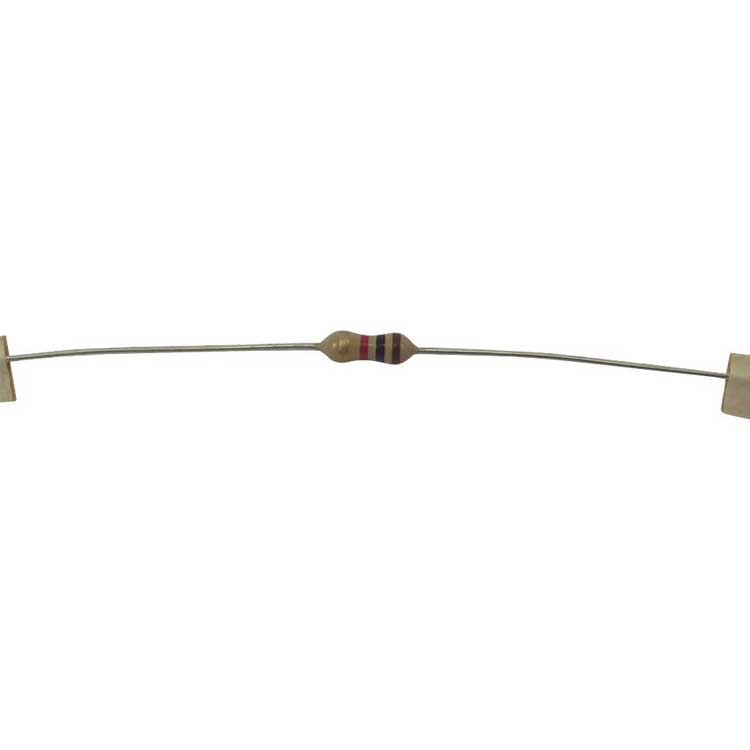5151+ reviews
Order by 16:00 for same day shipping
14 days return
EN
Individual
Business
Filters
Price
to
Resistor type
Resistors
In almost all electronics projects you use resistors. You can use a resistor to limit the current that goes to a component or to distribute the current better. There are a lot of different resistors. Don't know which resistor you need? Then read our page about resistance. CLICK HERE. You will also find a calculator there to see which resistor you already have. Are you missing a resistor? Then order it quickly below! All resistance products
72 products found
Sort by:
Everything you need to know about resistors
Resistors are essential in any electronic circuit. They regulate current, protect components, and help set voltages. Whether you’re wiring an LED or creating a sophisticated design, a good resistor is essential. A resistor limits the current in an electrical circuit. Without resistance, a component, such as an LED, could receive too much current and break. The value of a resistor is expressed in ohms (Ω). The higher the value, the more the current is limited.
Different types of resistors
There are several types, each with their own applications. The most commonly used are carbon film and metal film resistors. Carbon film resistors are cheap and good for standard projects. They are less precise, but fine for simple circuits. Metal film resistors are more accurate and more stable with temperature changes. They are often used in measuring equipment or audio circuits, where exact values are important. For applications with a lot of heat or power, wire-wound resistors are better. They can withstand high temperatures and last a long time. Sometimes you want to set the resistance yourself. Then you use variable resistors, such as potentiometers or trimmers. These are useful for volume control or tuning circuits, for example.
What should you pay attention to when choosing a resistor?
Besides the ohm value, there are other important factors:
Tolerance (%) : This indicates how much the actual value may deviate. The lower, the more accurate.
Power (Watts) : How much heat can the resistor handle? Common values are 0.25W, 0.5W and 1W.
Size : In small devices, use compact resistors. For heavy applications, choose larger models.
You can recognize resistors by colored rings. This color code indicates the value and tolerance. With a color coding chart or online tool you can easily read this.
Practical applications
Resistors are used in many ways. A well-known example is with an LED. Without a resistor, the LED will break. By placing a resistor in series, you limit the current to a safe level.
Resistors also play a role in voltage dividers. They lower the voltage for a sensor, for example. In microcontroller projects, you often see pull-up or pull-down resistors. They ensure that a digital input has a stable value when there is no signal. In audio circuits, resistors control the volume or filter certain tones. They are therefore also indispensable there.
Handy sets for every level
For those who experiment often, resistor sets are ideal. This way you always have the right value at home. This prevents delays in your project. Sets contain tens to hundreds of resistors in commonly used values.
At Elektronica Voor Jou you will find a large selection of resistors and sets. Suitable for beginners and professionals. Do you work with Arduino, ESP32, Raspberry Pi or are you designing a complex circuit? We have plenty of choice. In addition to individual items, there are sets and extras such as Breadboards, Jumper Wires and Multimeters. Everything to start and test your project properly.











